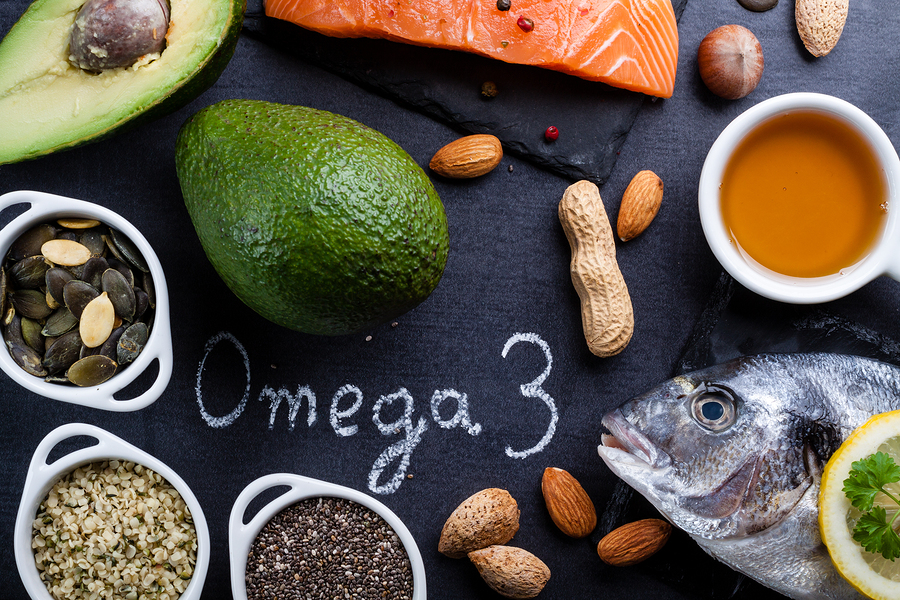- Make It Yourself Lavender Heart-Shaped Bath Bombs!
- 20 Things You Never Knew About “Down There”
- 12 Best Foods For Those Suffering From Arthritis Pain
- 12 Personal Hygiene Mistakes Almost Everyone Makes (Mom Never Told You About #4!)
- 15 Medicinal Plants And Herbs From The Cherokee People
- 12 Mind-Blowing Benefits Of Drinking Coconut Water During Pregnancy
- 12 Outstanding Winter Foods That Won’t Fatten You Up Like A Christmas Turkey
Check On These 8 Nutrients Vital For The Perfect Function Of The Nervous System
4. Omega-3s
The brain is nearly half comprised of fats and they are helpful in creating neural connections in the brain when it is developing, and even later in life, as it helps to create the barrier that keeps nerves protected. Deficiencies in Omega-3s can lower a person’s IQ points by as many as 30 points which can cross the line between normal IQ and mentally disabled. This fat barrier can also help to prevent dementia-like diseases later in life. Foods high in Omega-3s include walnuts, chia seeds, wild rice, salmon, eggs, and soybeans.
5. Vitamin D
Vitamin D might be one of the easiest of these supplements to have in abundance in our bodies – a mere 20 minutes of sunlight a day will give your body the necessary amount of Vitamin D. Vitamin D helps to turn the neurotransmitter creation on and off and works with the nerve growth systems. When Vitamin D is low in the body, the ability to form new connections and keep old ones is inhibited – one reason that Vitamin D supplements have been shown to be helpful in those with dementia or Alzheimer’s. Foods high in Vitamin D include mushrooms, fatty fish, and eggs. Although most think that dairy is high in Vitamin D and a good source of it, recent studies have been showing that the added Vitamin D in milk might lead to more complications than solutions, so keep this in mind.
6. Vitamin E
Vitamin E is essential to the brain because it acts as a potent anti-oxidant. With the amount of reactions going on in the brain, Vitamin E is essential to keep the nervous system as free of free radicals as possible. Some research shows that Vitamin E can even help to reduce stress on the brain which will help the brain by making it able to think clearer. Vitamin E is available in a number of foods including eggs, nuts, avocado, seeds, leafy greens and sweet potatoes. Many people on low-fat diets are deficient in Vitamin E and the deficiency can correlate to an increased risk of Alzheimer’s.
Continue to Page 3

































